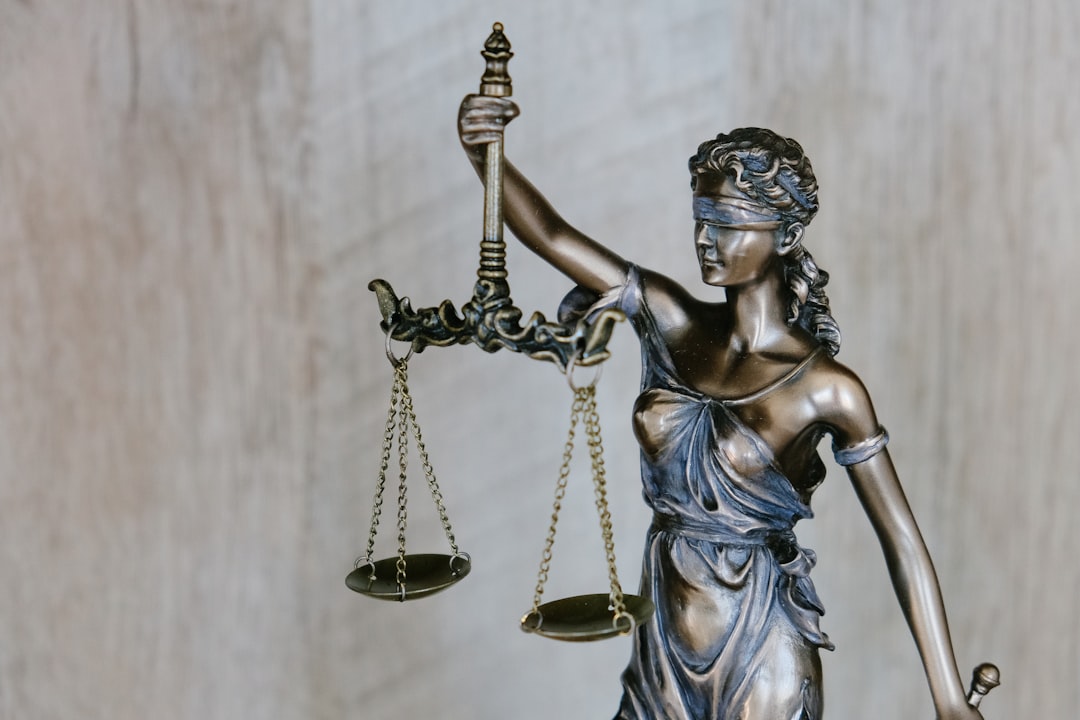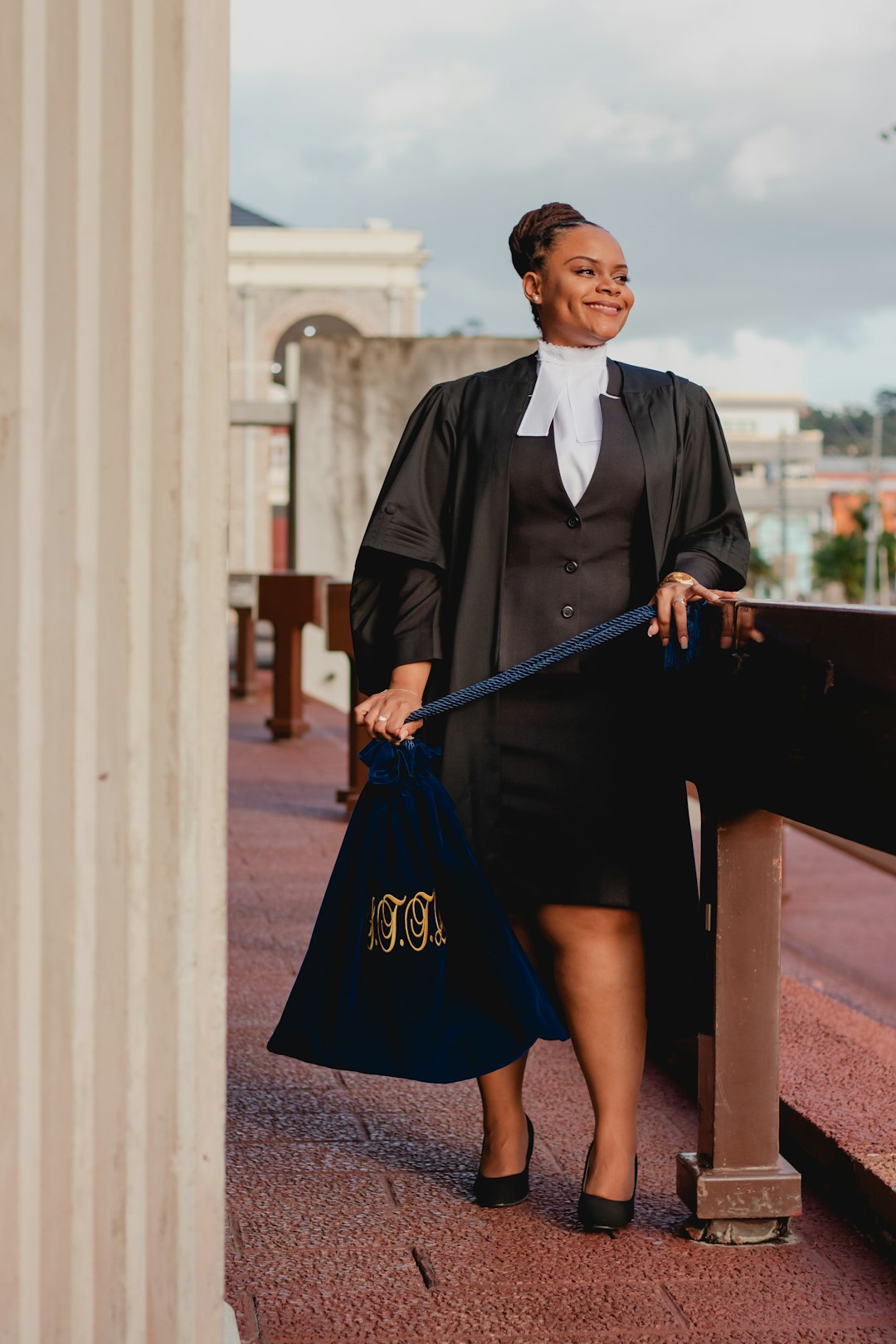In Maryland rape cases, character witnesses play a pivotal role by offering testimony about the accused's personal attributes and conduct, influencing key issues like intent, consent, and state of mind. A skilled rape lawyer in Maryland strategically leverages these testimonies to navigate complex criminal proceedings. Preparing for cross-examination involves understanding witness backgrounds and potential biases to ensure truthful accounts. In Maryland rape trials, character witness testimony can sway juror perceptions significantly, with respected references humanizing the accused and counterbalancing damning evidence. Consulting a specialized rape lawyer in Maryland is essential for effective legal assistance.
In Maryland, character witnesses play a pivotal role in rape defense strategies. This article delves into the significance of understanding and leveraging character testimony in Maryland rape cases. We explore how both prosecution and defense can prepare for cross-examination, focusing on effective questioning techniques. Additionally, we analyze the impact of character witness testimony on jury perception and potential verdicts, highlighting the expertise of a rape lawyer in navigating these complex dynamics to ensure a fair trial.
Understanding Character Witnesses: Their Testimony and Relevance in Maryland Rape Cases

In Maryland rape cases, character witnesses play a crucial role in shaping the narrative and influencing the jury’s perception. These individuals are often called to provide testimony about their personal knowledge or interactions with the accused, offering insights into their character, reputation, and behavior. Their testimony can either mitigate or corroborate the alleged victim’s claims, making it highly relevant and impactful.
Character witnesses help establish a broader context for the defendant’s persona, shedding light on their general conduct, relationships, and overall character. This is particularly significant in rape cases, where the accused’s intentions, consent, and state of mind are central issues. A well-respected character witness can humanize the defendant, challenging the victim’s account by presenting an alternative perspective. Conversely, negative character testimony can underscore questionable behavior, potentially damaging the defense strategy. Understanding the weight and relevance of character witness accounts is thus essential for any rape lawyer in Maryland to effectively navigate complex criminal proceedings.
Preparing for Cross-Examination: Strategies for Both Prosecution and Defense

Preparing for cross-examination is a critical aspect of any legal case, especially in complex matters like rape trials in Maryland. Both prosecution and defense teams employ strategies to ensure their witnesses are well-prepared and can withstand intense questioning. For a rape lawyer in Maryland, the goal is to elicit truthful testimony from character witnesses while challenging the opposition’s narrative. This involves understanding the witness’s background, potential biases, and relevant experiences. During preparation, they may discuss specific scenarios and ask witnesses to recount personal interactions with the accused, helping them provide detailed, consistent accounts under cross-examination.
The prosecution, on the other hand, must carefully choose character witnesses who can enhance their case. They prepare these witnesses by reviewing key facts, teaching them legal terminology, and guiding them on how to respond to potential defense challenges. Effective preparation includes highlighting positive attributes of the accused while also addressing any relevant negative information that might be brought up during cross-examination. This strategic approach ensures that witness testimony is compelling, reliable, and helps shape the jury’s perception in a rape case.
The Impact of Effective Character Witness Testimony on Jury Perception and Verdict

In Maryland rape trials, character witness testimony can significantly shape jury perceptions and verdicts. When a respected and credible witness vouches for the accused’s character, it humanizes them in the eyes of the jurors. This is particularly crucial in cases where the defendant’s reputation may be attacked or they face an emotional struggle to prove their innocence. A well-crafted character reference can counterbalance the impact of damning evidence or testimony from prosecution witnesses.
The effectiveness of this strategy lies in its ability to provide context and offer a balanced view of the defendant. A rape lawyer in Maryland might call upon friends, family members, or community leaders who know the accused personally to take the stand. Their testimonies can highlight the defendant’s character for truthfulness, trustworthiness, and moral integrity, thereby undermining the plausibility of the alleged victim’s testimony and creating reasonable doubt in the minds of the jurors. Such evidence is powerful because it appeals to the jury’s common sense and helps them contextualize the events leading up to and during the alleged crime.





